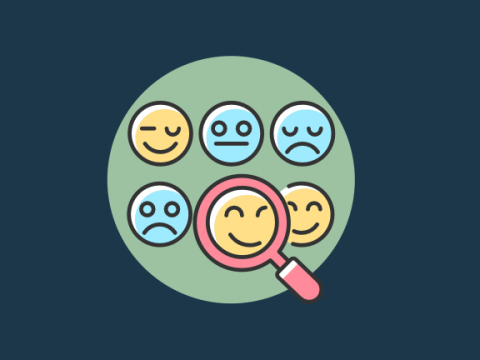Emotional Stability: Nurturing Resilience and Well-being

Nurturing Resilience: The Essence of Emotional Stability
Emotional stability is a cornerstone of overall well-being, influencing how individuals navigate life’s challenges and uncertainties. In this exploration, we delve into the importance of emotional stability, its impact on mental health, and strategies to cultivate and maintain emotional resilience.
Understanding Emotional Stability: A Pillar of Mental Well-being:
Emotional stability refers to the ability to maintain a balanced emotional state, even in the face of adversity. It is a crucial aspect of mental well-being, influencing how individuals respond to stress, manage their emotions, and navigate the complexities of life. Cultivating emotional stability contributes to a more resilient and fulfilling life.
The Impact on Mental Health: Fortifying Against Stressors:
Emotional stability plays a pivotal role in mental health. It acts as a fortification against the impact of stressors, reducing the likelihood of developing conditions such as anxiety and depression. Individuals with higher emotional stability are better equipped to cope with life’s ups and downs, fostering a more positive mental outlook.
Cultivating Emotional Resilience: Strategies for Stability:
Cultivating emotional resilience involves adopting strategies that promote stability. Mindfulness practices, such as meditation and deep breathing exercises, help individuals stay present and manage emotional reactions. Developing effective coping mechanisms, building a strong support system, and maintaining a healthy work-life balance are additional strategies for enhancing emotional stability.
Building Self-Awareness: Understanding Emotions for Stability:
Self-awareness is a foundational element of emotional stability. Understanding one’s emotions, recognizing triggers, and gaining insight into emotional patterns contribute to a more stable emotional foundation. Practices like journaling and reflective exercises aid in building self-awareness, empowering individuals to navigate emotions with greater ease.
Effective Communication: Fostering Healthy Relationships:
Emotional stability significantly influences interpersonal relationships. Effective communication is a key component of maintaining stable relationships. Expressing emotions openly and empathetically, active listening, and resolving conflicts constructively contribute to fostering healthy connections with others.
Stress Management: Mitigating the Impact of Daily Pressures:
Stress is an inevitable part of life, but emotional stability plays a crucial role in managing its impact. Developing effective stress management techniques, such as time management, setting realistic goals, and knowing when to seek support, enhances an individual’s ability to navigate daily pressures with resilience.
Seeking Professional Support: Guidance for Emotional Well-being:
In some instances, achieving emotional stability may involve seeking professional support. Mental health professionals, including therapists and counselors, offer guidance and tools to help individuals explore and address underlying emotional challenges. Seeking support is a proactive step toward enhancing emotional well-being.
Emotional Stability at oofamily.com: Resources for Resilience:
Explore a variety of resources on emotional stability at oofamily.com. Our platform provides articles, tips, and expert insights to empower individuals in understanding and cultivating emotional resilience. Accessing this information contributes to informed decisions for proactive emotional well-being.
Embracing Resilience: A Lifelong Journey:
In conclusion, emotional stability is not a destination but a lifelong journey. Cultivating resilience involves a combination of self-awareness, effective communication, stress management, and, when necessary, seeking professional support. Embracing emotional stability empowers individuals to navigate life’s challenges







